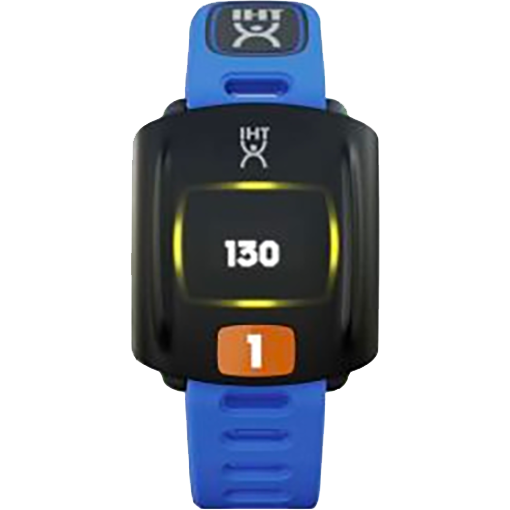Originally published June 19, 2022 by the Omaha World-Herald.
By Jake Steinfeld
Today, more than ever, our children are struggling with their mental health. May was Mental Health Awareness Month, but the issue needs to be recognized all year long. We simply can’t ignore the problem any longer.
Between the recent mass shooting events in New York, California and Texas coupled with the pandemic, leaders from federal agencies are sounding the alarm about a new phenomenon that they have deemed a “national youth mental health crisis.”
 COVID-19 alone has led to increased rates of depression, anxiety, substance abuse and suicidal ideation. Since April 2020, children’s mental health related emergency department visits have risen dramatically for school-aged children and adolescents. In fact, the U.S. Department of Health and Human Services found that “the number of children ages 3 to 17 years diagnosed with anxiety grew by 29% and those with depression by 27%.” Kids need social interaction to thrive but with past school closures, quarantining and social distancing, their well-being has suffered immensely.
COVID-19 alone has led to increased rates of depression, anxiety, substance abuse and suicidal ideation. Since April 2020, children’s mental health related emergency department visits have risen dramatically for school-aged children and adolescents. In fact, the U.S. Department of Health and Human Services found that “the number of children ages 3 to 17 years diagnosed with anxiety grew by 29% and those with depression by 27%.” Kids need social interaction to thrive but with past school closures, quarantining and social distancing, their well-being has suffered immensely.
While I don’t have all the solutions, I can tell you from personal experience that exercise has a profound impact on the mental health of our children.
I’ve been advocating the benefits of exercise for our kids for more than 40 years now. It not only combats childhood obesity, but it also improves academic performance and mental health. The American Psychological Association reviewed 114 studies and found that “young people who exercise more have lower levels of depression, stress and psychological distress, and higher levels of positive self-image, life satisfaction and psychological well-being.”
Building a solid foundation of fitness at a young age will help lay the groundwork for them to become strong, healthy adults. I find that when kids are building stronger bodies, they are also building confidence and self-esteem. The research supports this too. Low intensity exercise improves brain function and makes kids feel better while high intensity workouts three to four times a week can reduce clinical depression. In fact, according to the 2018 Physical Activity Guidelines Advisory Committee Scientific Report, children between the ages of 6 to 17 years who participate in regular to vigorous physical activity have fewer symptoms of depression and reduced risk of ever developing major depression.
I’ve been working hand-in-hand with governors across the country putting DON’T QUIT! Fitness Centers in elementary and middle schools and the enthusiasm for working out and getting fit is through the roof. School administrations are beginning to understand the urgency and importance of providing fitness resources to their students and staff. Our DON’T QUIT! Fitness Centers become an integral part of the fabric of the community and help create lasting positive change.
The bottom line is that we must take action now by prioritizing our children’s mental health. If your community lacks mental health resources, any kind of exercise is a strong tool you can use right now. If your child is feeling sad, angry, stressed out, or anxious, lead by example and move your bodies. Go for a walk together, kick around the soccer ball, or do some jumping jacks or push-ups.
The Health Resources and Services Administration is investing in critical strategies to grow the mental health workforce and expand access to mental health services. These strategies will take time to implement but getting our children out exercising is a tangible benefit that can be done immediately. Introducing physical activity and fitness to our kids is simply good medicine. It will help them maintain a healthy weight, improve mental health and ultimately enrich their quality of life.
Our children are our most precious resource. When our kids are mentally healthy and strong, the future of our nation will be strong.
Make the IHT ZONE heart rate monitor part of your School's Student Wellness Program




